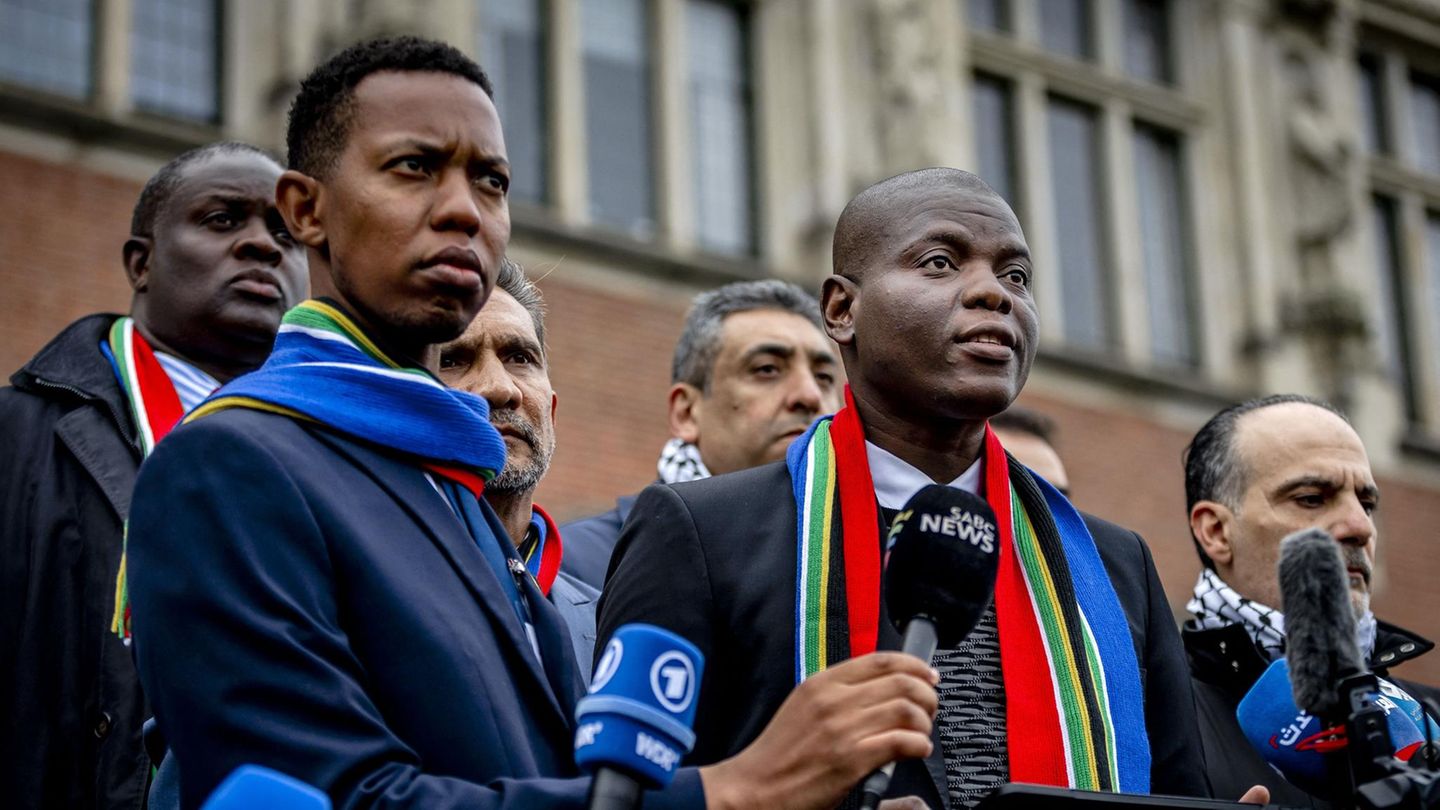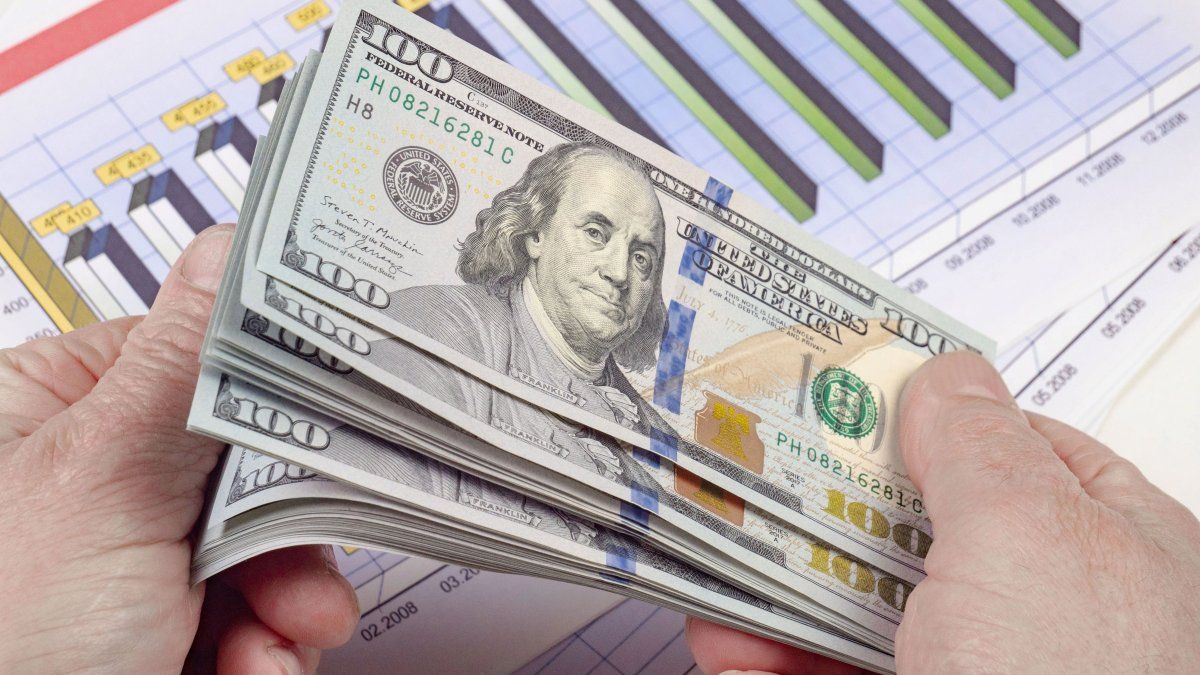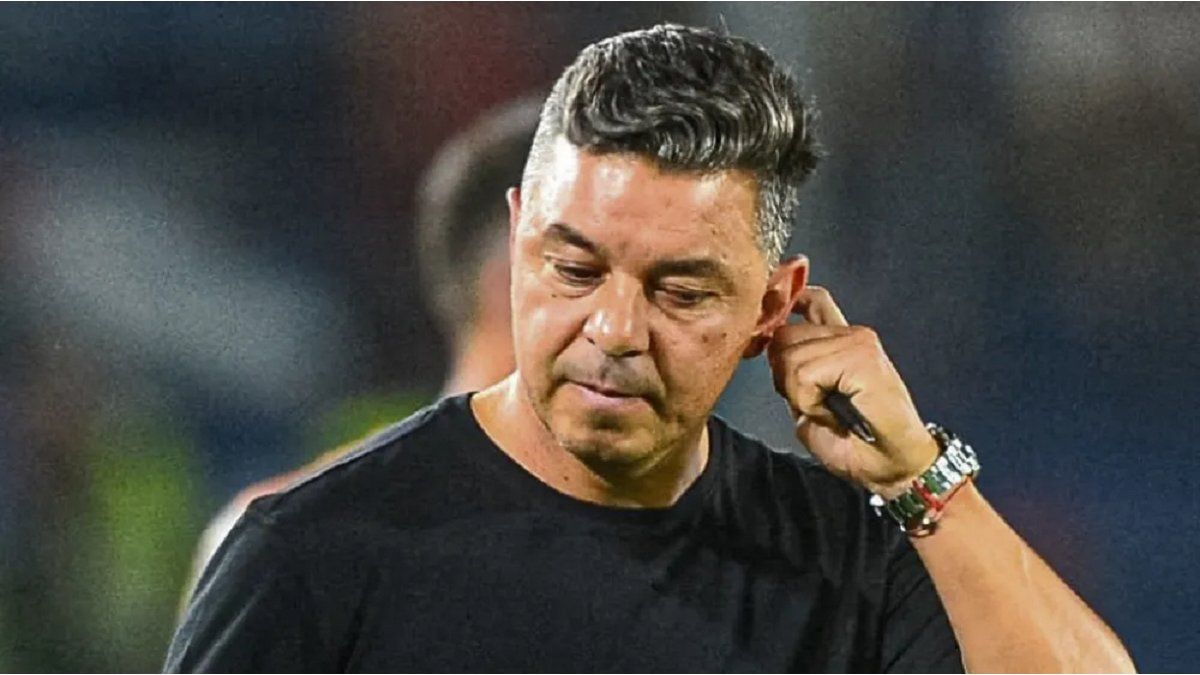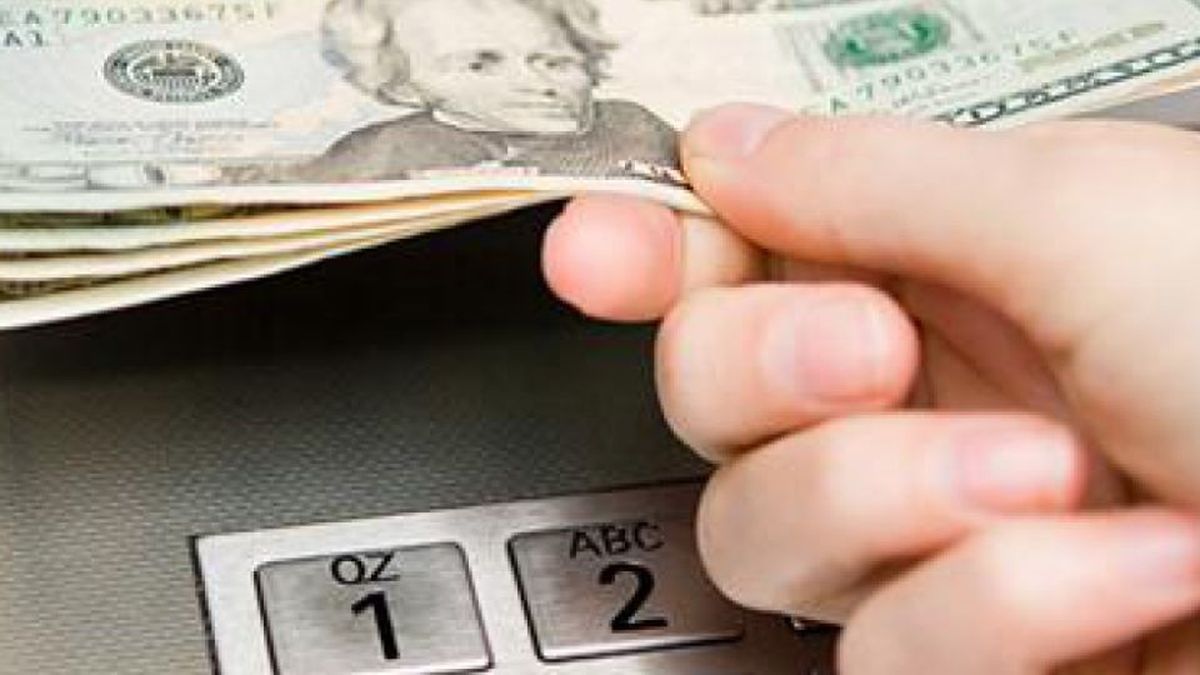South Africa accuses Israel of genocide over the Gaza war and is taking it to the International Court of Justice. It is unlikely that there will be enough evidence to convict. Nevertheless, the process carries risks for Israel.
Israel has to answer for the first time before the International Court of Justice on charges of genocide because of the attacks in the Gaza Strip. South Africa has sued the country. Both governments send high-level delegations to the Peace Palace in The Hague. What is being negotiated there? And what are the possible consequences? Questions and answers about the highly explosive lawsuit:
What is the International Court of Justice?
The International Court of Justice is the highest court of the United Nations. This world court should not be confused with the International Criminal Court, which is also located in The Hague. This deals with individual accusations, while the UN Court of Justice is supposed to decide on conflicts between states. Both Israel and South Africa were allowed to send one judge each in addition to the permanent college of 15 judges. Representing South Africa is Judge Dikgang Ernest Moseneke, a former judge of the country’s Supreme Court. The South African delegation will be led by Justice Minister Ronald Lamoa. Israel sends former Supreme Court Justice Aharon Barak, a Holocaust survivor.
What does South Africa accuse Israel of?
In the 84-page lawsuit, South Africa describes Israel’s violence against Palestinians in the Gaza Strip as acts of genocide. Israel kills Palestinians, “inflicts severe mental and physical harm on them and creates living conditions that aim at their physical destruction.” South Africa’s legal representative, Adila Hassim, spoke of a “systematic pattern that indicates genocidal intent.”
South Africa points to the high death toll of more than 21,000 in the Gaza Strip, which has now risen to more than 23,000, according to the Ministry of Health controlled by the Islamist Hamas. South Africa’s lawsuit also cites Israeli bombings, forced escapes, attacks on hospitals and maternity clinics, and the blockade of the area, which has led to shortages of food and drinking water.
The country cites UN experts, witnesses and aid organizations. Statements by Israeli ministers and officers are also cited as evidence of genocidal intent. For example, quotes like “We will spare no one” or “We will wipe the Gaza Strip off the face of the earth.” South Africa speaks of “direct and public incitement to genocide”. Threats to make Gaza uninhabitable and demands from right-wing extremist ministers to permanently expel Palestinians are cited. In the wake of the October 7 massacre, in which terrorists from Hamas and other groups in Israel killed more than 1,200 people and abducted around 250, Defense Minister Joav Galant spoke of “human animals” and declared: “We will wipe out everything. “
Fighting in the Middle East
In ruins: This is what the north of the Gaza Strip looks like after seven weeks of war
What is the basis of the lawsuit?
South Africa invokes the UN Genocide Convention. Both states have signed this convention and thereby committed themselves not only not to commit genocide, but also to prevent and punish it. The convention defines genocide as an act “committed with the intent to destroy, in whole or in part, a national, ethnic, racial or religious group as such.”
Israel is fundamentally affected by this accusation: the state was founded after the Second World War as a result of the genocide of Jews by the German Nazis.
What is Israel’s reaction?
Israel has defended itself against accusations of “genocide” at the ICJ and criticized South Africa’s accusations as “completely distorted”. South Africa had “unfortunately presented a completely distorted” factual and legal picture to the court, said Tal Becker, one of Israel’s lawyers before the ICJ, on Friday in The Hague. The case does not reflect the realities of the situation in the war between Israel and the Islamist Hamas in the Gaza Strip.
Israel is not trying to destroy the Palestinians in the war in the Gaza Strip, Becker emphasized. “What Israel aims to do with its operations in Gaza is not the destruction of a people, but the protection of a people, its people, who are under attack from multiple fronts.”
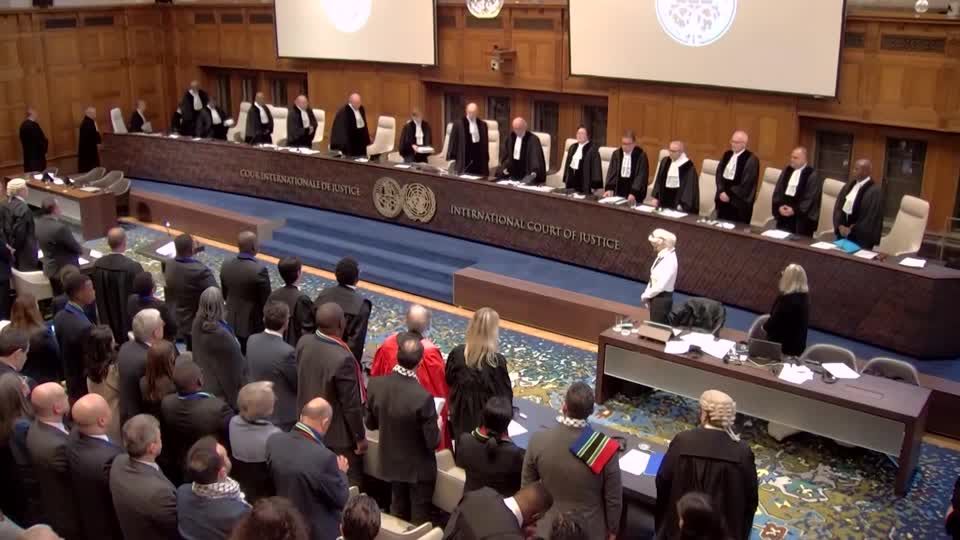
How does the hearing work?
First, South Africa explained its complaint. Israel then had the opportunity to respond. The hearing is initially about an urgent application from South Africa. It had called on the court to order an immediate end to military actions and to protect the rights of Palestinians.
This means that the UN judges do not yet have to determine whether genocide has actually been committed. The possibility that the convention was violated would be sufficient. That’s a low threshold for a decision. But it also applies that there must be clear evidence of Israel’s intention to wipe out the Palestinians. Then the judges could theoretically order Israel to immediately end the violence to prevent further damage. They could also order that Israel must allow more humanitarian aid.
When can a verdict be expected?
The judges will decide on the urgent application in a few weeks. Every saying is binding. The court has no power to enforce enforcement. But international pressure on Israel would increase and a negative decision could damage the country’s reputation.
When will the main lawsuit be decided?
Such a process can take years.
Why is South Africa of all countries complaining?
Any signatory state to the Genocide Convention can file such a lawsuit. South Africa is a strong supporter of Palestinian rights. The country compares its apartheid past, i.e. the racist oppression by a white minority government, with Israel’s treatment of the Palestinians. In the past, Israel was also seen as a supporter of the apartheid regime and apparently even wanted to. Because of this, many South Africans felt connected to the Palestinians, as historian Peter Malcontent explained. To this day, many in the ruling ANC, the party of Nelson Mandela, do not forgive Israel for its collaboration with South Africa under apartheid. The ANC and the Palestinian organization PLO also maintained good relations for a long time.
Further sources: , ,
Source: Stern
I have been working in the news industry for over 6 years, first as a reporter and now as an editor. I have covered politics extensively, and my work has appeared in major newspapers and online news outlets around the world. In addition to my writing, I also contribute regularly to 24 Hours World.

